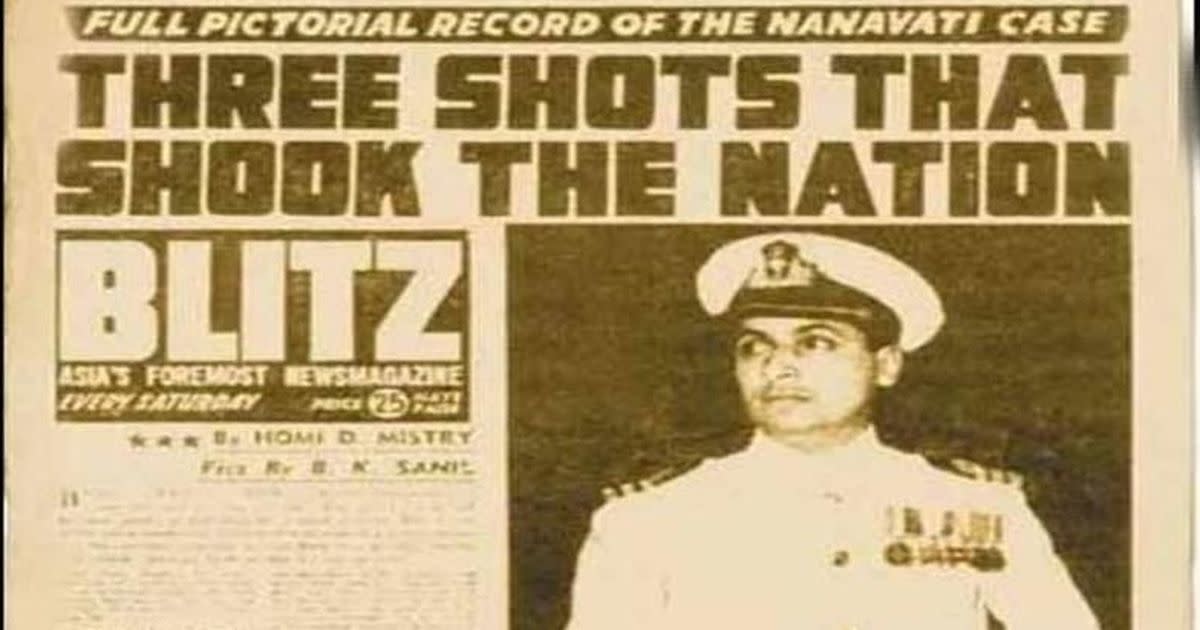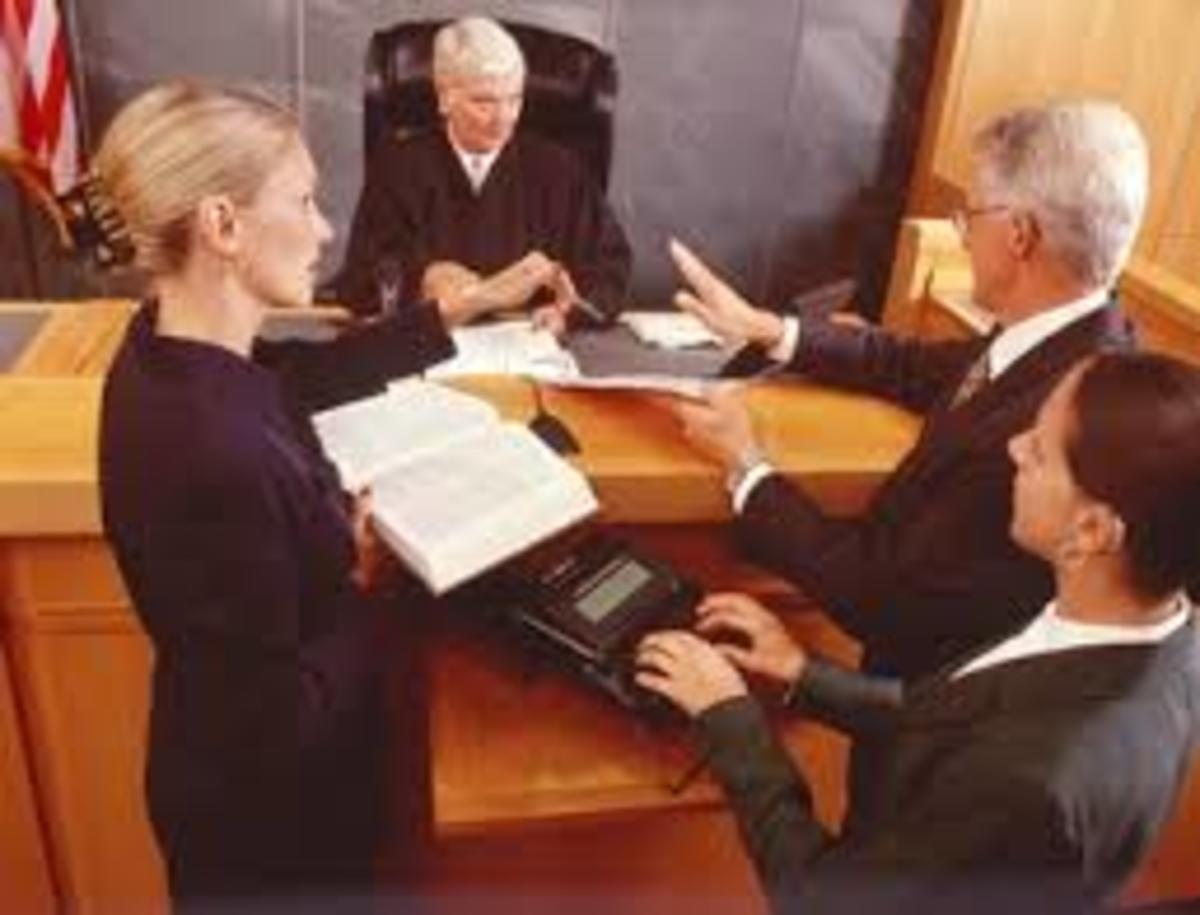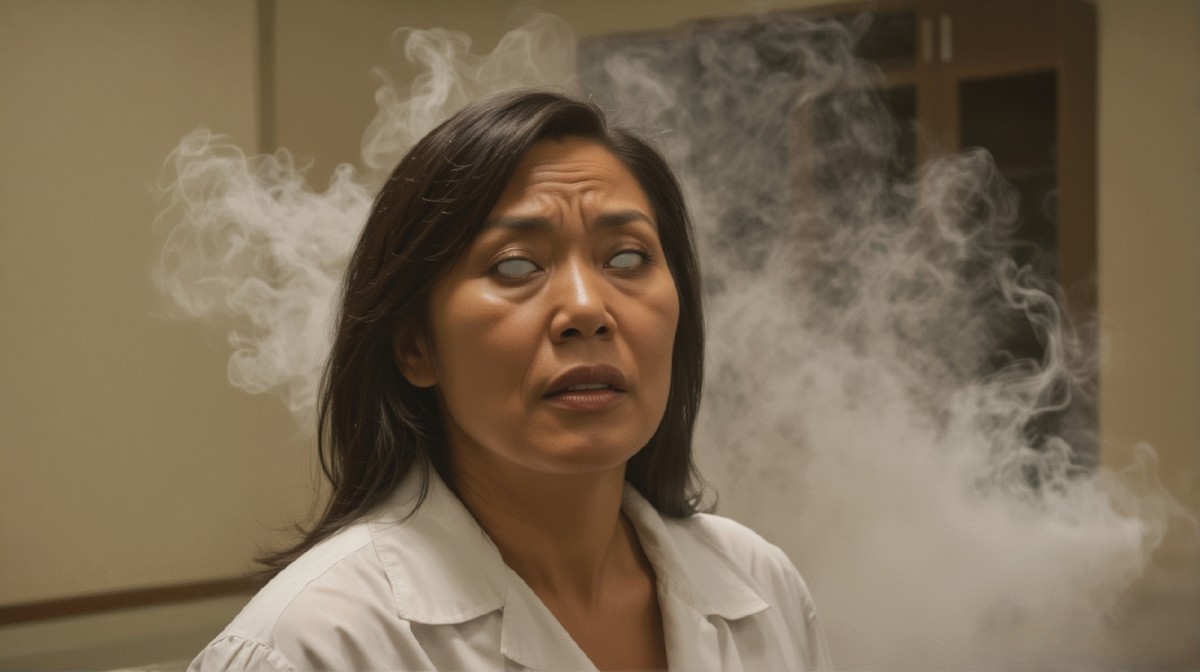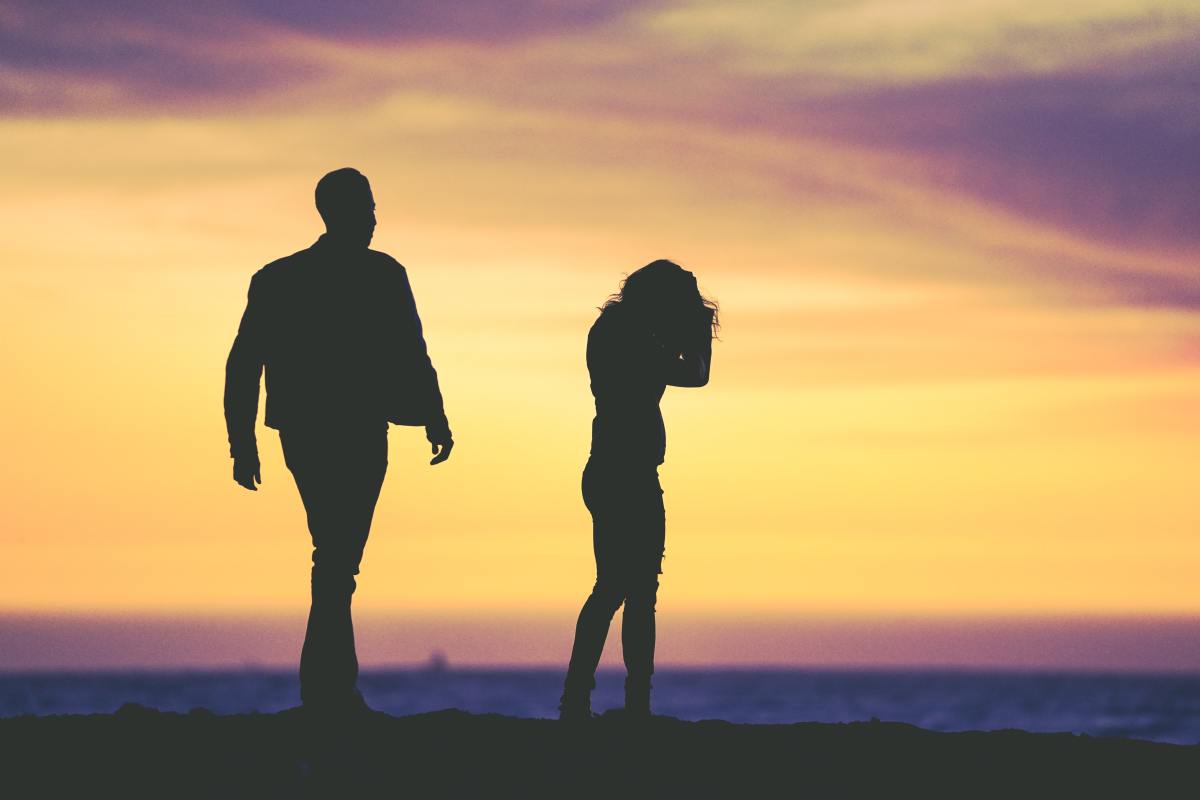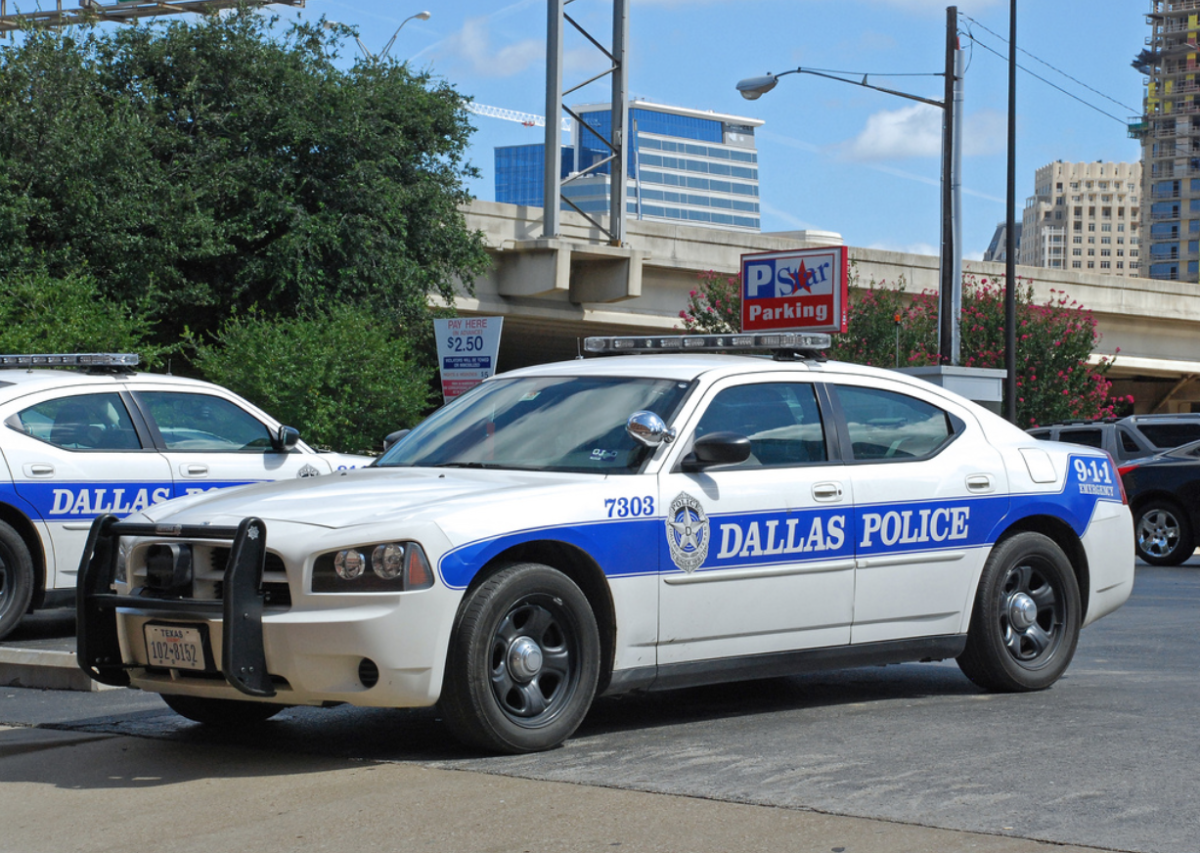Trial by Jury and Overturning Verdicts
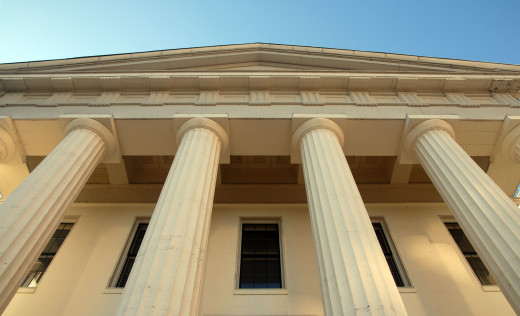
Jury Of Your Jeers
I'll wager that most of you will not believe the following, so please research my assertions and see for yourselves. Personally, I still scratch my head over this issue, but it is what it is.
In my twenties and thirties, I was called in for jury selection six times. Five of the six times, I was either excused or the case was settled before going to trial. However, there was one time when I was picked, and the case made it to trial. It was a case involving a civil action against a group of police officers from a local police precinct for using unnecessary force during an arrest.
The trial lasted five days, and it was a real eye-opener for me. The plaintiff's lawyer was quite young, and from my point of view, quite inexperienced. On the other hand, the police officers' defense attorney was mature, polished, professional, confident, and markedly outclassed his counterpart. Even if you didn't understand English, you would forecast that the defense was going to win, just by watching the mannerisms of the attorneys and witnesses.
I sat in the front row of the jury box, toward the middle. I watched the case attentively, took notes, and whenever the judge asked if any of the jury member had a question for a witness (yes, the judge can do that), I usually took the opportunity to ask what I thought were relevant questions. The trial concluded, and we were sent to the jury room to deliberate.
This was the first time in five days, that I was able to take a good look at the rest of my fellow jurors. The jury system is included in our Bill of Rights. The 6th Amendment provides that every defendant have the right to be tried by a jury of their peers. The definition of "peer" is "someone of the same age, status, or ability as another specified person." The plaintiff was an Hispanic male who looked to be in his early twenties. Our jury group consisted of two men and ten women, none of whom were minorities. I was 27 years old, and the next youngest member looked to be around 65 years of age. Before we took our chairs, the bailiff reminded us to pick a head juror, before starting the deliberation. The other male jury member was quite outspoken and, as we were sitting down, he scanned the group and suggested that I be elected head juror. He also mentioned that I was the only member that he saw take notes or ask questions, so it seemed to be a logical choice. All of the other members nodded their heads in agreement and I didn't have any objection, so I became the head juror.
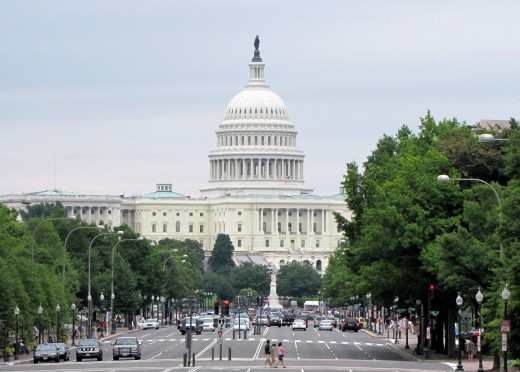
I opened, by asking the group what damages (how much money) they thought should be awarded to the plaintiff. The other man spoke out, "What do you mean? What damages? That kid doesn't deserve anything. He's a bum and the cops were just doing there job when they arrested him. That's all there is to it. We should go back out there and say that the cops are 'not guilty' for each charge."
Granted, this gentleman jury member was totally obnoxious, but the essence of what he was saying was not exactly wrong. I asked the group, "So none of you think that the police officers struck the plaintiff?" No one said a word except for the other male juror. "Look," he said. "Sure the cops beat him up, but the guy was resisting arrest, he's got a record a mile long, and that's what it took to get the cuffs on him."
I looked around the table. A few women were nodding in agreement with, and a few were nodding-off. I addressed the group again, "Well, I think that the police officers may have used excessive force, and maybe the plaintiff deserves damages for that."
The other gentleman spoke more softly this time. "Look, I can see where you're going with this, but we're supposed to use the evidence to make our decision. There was no evidence that the cops did anything wrong when they made the arrest." He was right. There were pictures of the plaintiff, showing that he had definitely been in a fight, and gotten the worst of it, but there was no evidence that the police used excessive force. Maybe they did, maybe they didn't. I didn't know for sure. I only had this gut feeling that they did.
I called for the bailiff, and asked him if we were allowed to ask the judge questions. He said that he would deliver written questions to the judge, for which the he will only answer "yes" or "no". I addressed the group again: "How does this sound? I'll ask the judge if we have to make our decision solely based on the preponderance of the evidence presented in the case. If he answers 'yes', then we will acquit the police on all charges. If he answers 'no', then we will talk about the possibility that the police used excessive force." To my surprise, the other man quickly agreed, in fact, some of the women even gained the ability to speak, and most of them said things along the lines of "That's a good idea" or "That sounds fair" etc. When the note came back, the word "yes" was written on it.
In keeping with our agreement, I told the bailiff that we reached a decision, we were led back to the jury box, court was called to order, and since I was the head juror, I stood and answered "not guilty" to each charge. We were thanked by the judge and led back to the jury room. Five or ten minutes later, the judge entered the room and told us that we had made the right decision. He asked who had written the note, and when he learned that it was I, he asked if I wouldn't mind sticking around for a little chat. The two of us waited for the other jury members to file out of the room, and then he asked me why I had written the question. I told him that I just needed confirmation that "gut feelings" should never factor into a jury's decision. The judge said that gut feelings do play a role in many a jury's decision, but that the jury must only consider the evidence presented during the trial. I inquired about the obvious inexperience of the prosecuting attorney, and the judge said that although the police officers' attorney severely outclassed the plaintiff's attorney, the plaintiff's attorney did not misrepresent his client to the extent of warranting a mistrial. I asked him what would happen if he felt that the jury made the wrong decision.
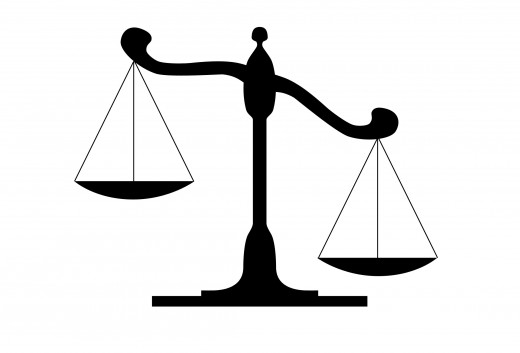
This was when it got interesting. He said, quite matter-of-factly, that if the jury made what he considered a totally wrong decision, based on the evidence presented during trial, then he would basically overturn the decision. Furthermore, he said that every judge, at any trial (civil, criminal, etc.), in any court (state, federal, etc.), can overturn the decision of any jury. The only exception being a "not guilty" verdict in a criminal court, in which case overturning the verdict would be in direct conflict with the Sixth Amendment which is the "right to trial by jury". However, if the judge finds that a jury made a glaring mistake in deciding that someone was "not guilty" in a criminal case, he can grant a motion to set aside the verdict, giving the prosecution ample ammunition for an appeal.
So, for all intents and purposes, the jury's decision is meaningless. I was relieved when he told me this information. I mean, why would a defendant want twelve ordinary shlubs to decide whether or not he/she is guilty. The judge - the most knowledgeable person in the room regarding legal matters, has watched all of the proceedings, knows the law, and knows what's relevant and what's not. The judge knows better than anyone else, how to see through all of the smoke and diversion, and make a decision based purely on the case's merits. So, why do we need juries?
Okay, some of you might say, "Well, what if the judge is having a bad day, or is not thinking clearly for some reason." That's a fair question, and I have a solution: A three-judge panel. Today, in most criminal cases, the defense can choose between a jury or a three-judge panel, so at one point in time, someone other than me obviously thought that it was a good idea. Let's stop the charade and just get rid of juries altogether.
And, not that I need another reason, but in doing away with the jury system, we would also be eliminating the entire appellate court system. Appeals would be abolished, since the most learned people in the law would be deciding all of the original cases. Just Imagine how much time and money would be saved if people could no longer appeal their verdicts.
Besides the inconvenience of serving on a jury, the employer's inconvenience of losing a valued employee for the duration of the trial, and the general lack of intelligence of the American public, the cost of jury trials is utterly astounding. In 2012, for Massachusetts, nearly 220,000 people served on juries for an average length of nearly two days. The average juror received $35 per day. That's roughly $15 million tax dollars per year, going toward paying jurors, in Massachusetts alone! Furthermore, after the jury performs what they consider their civic duty as good Americans, the judge can just overturn their decision at his/her discretion, say "Thank you", and send them on their way. I can't think of one advantage for having a jury system, can you?
© 2013 Daniel Marcosi

